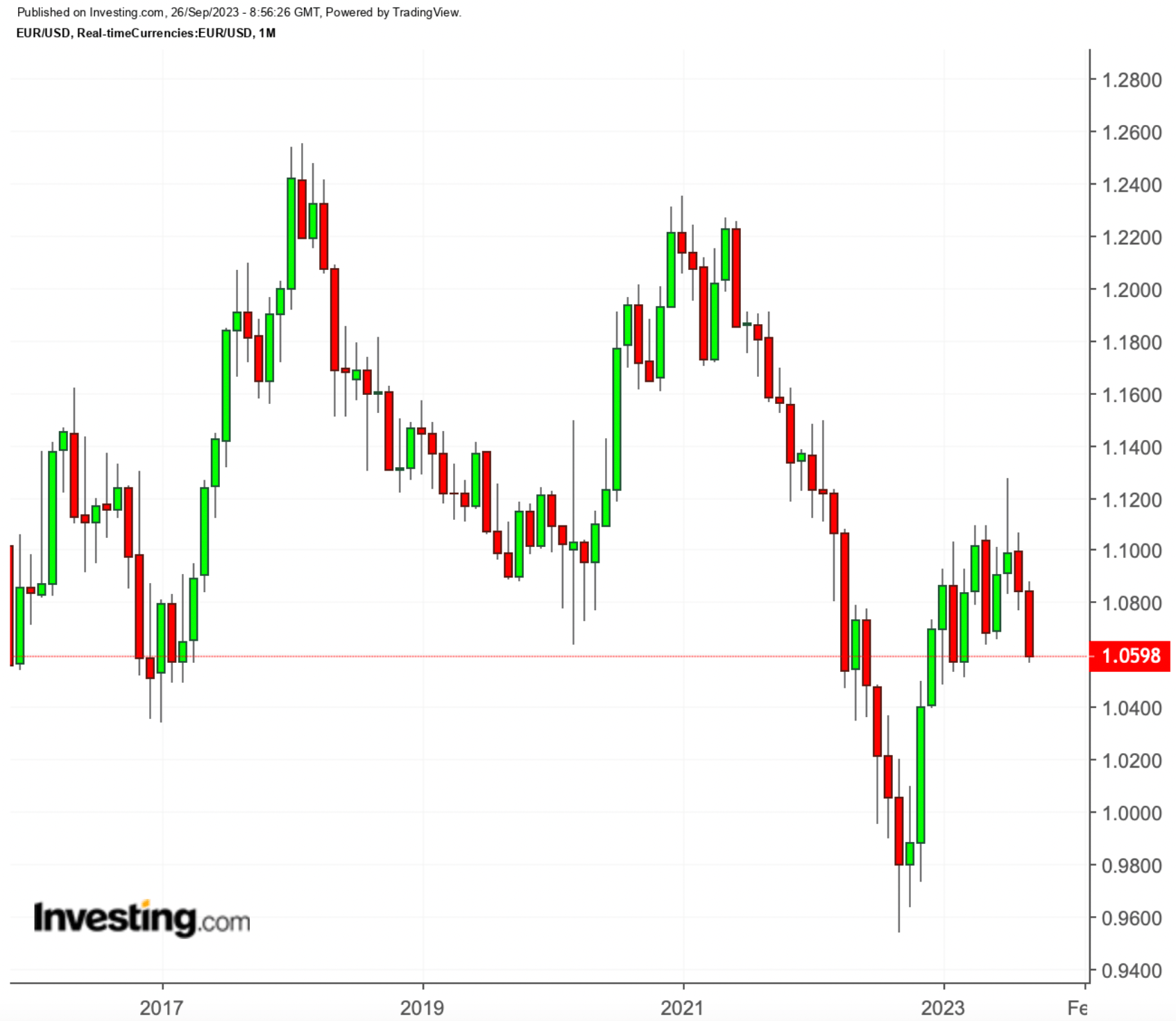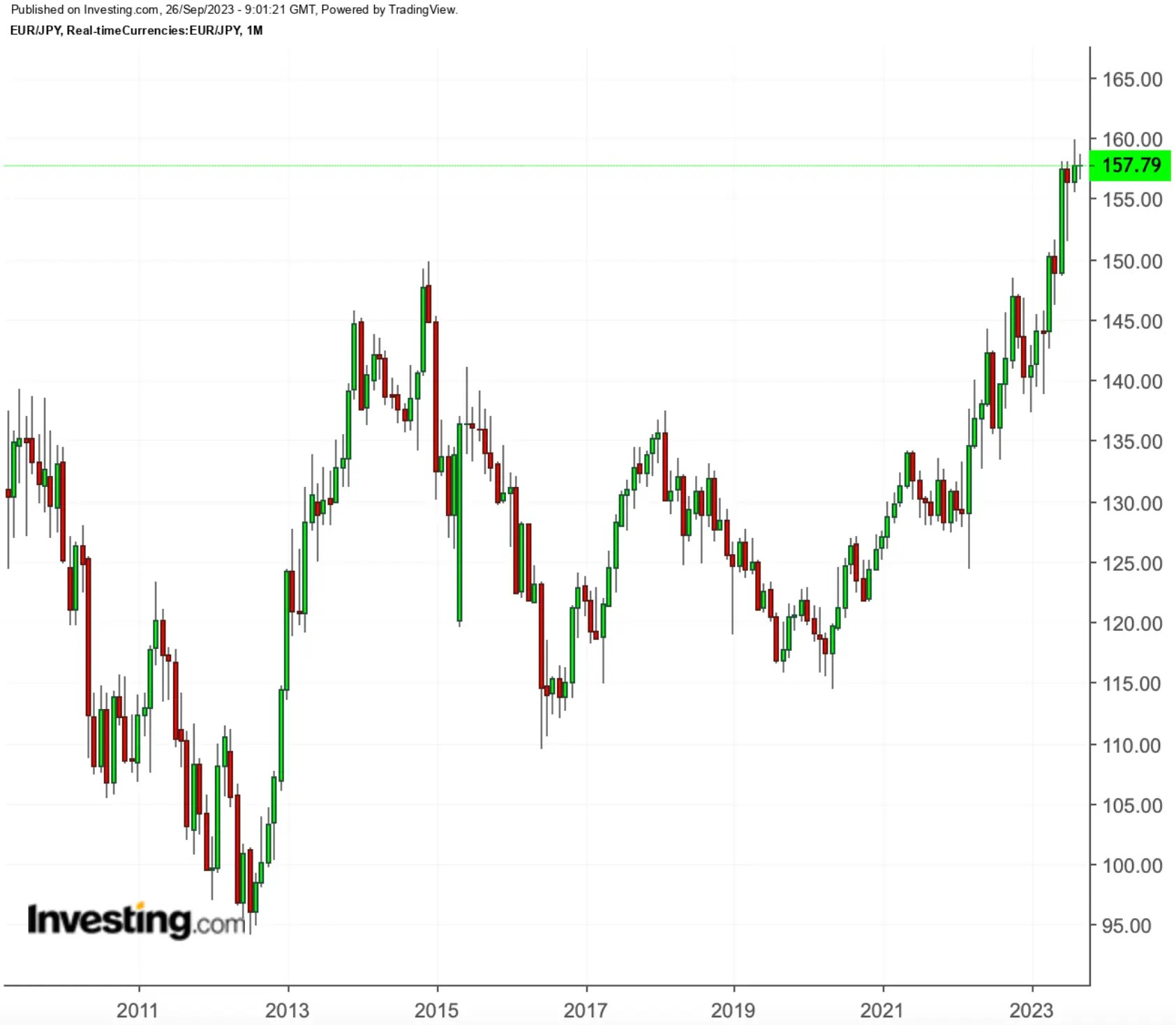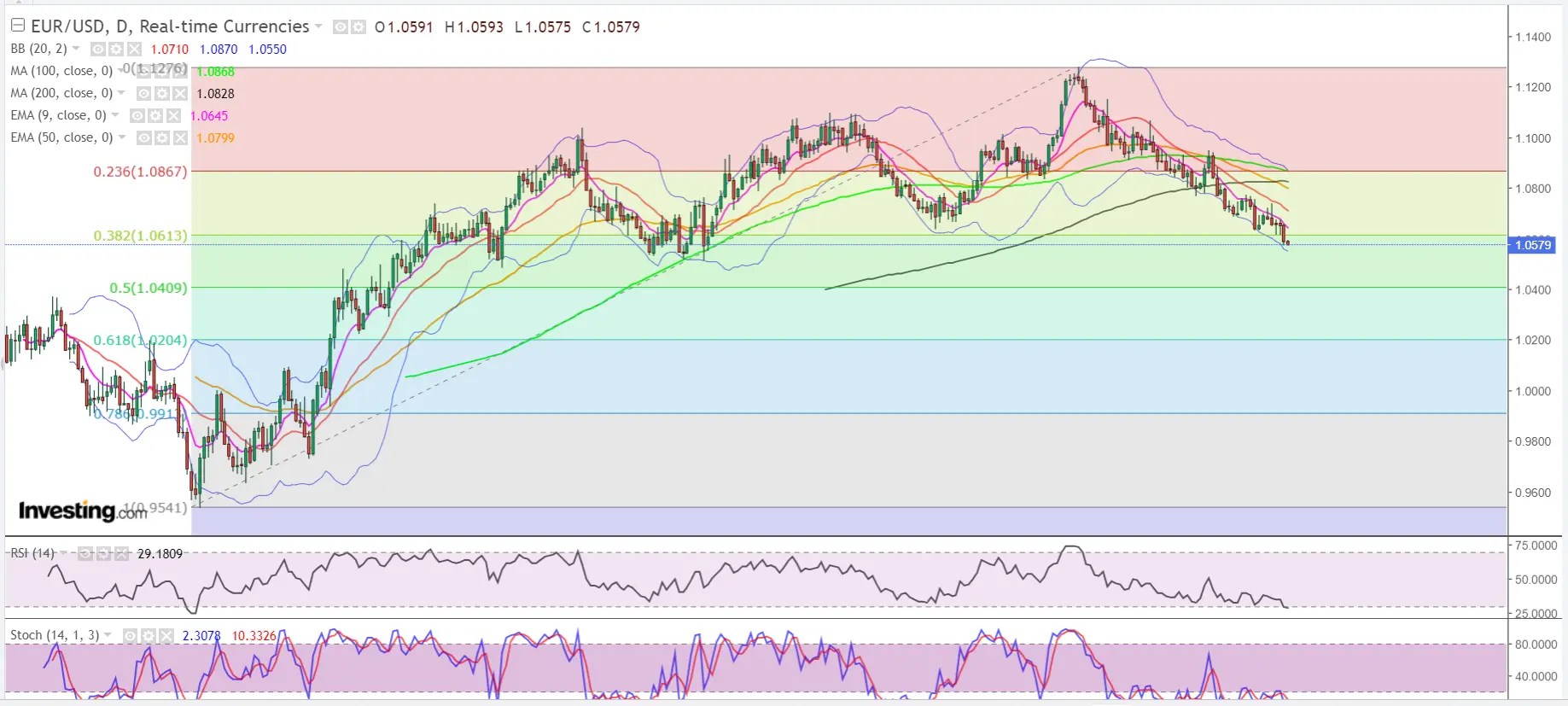EUR/USD
+0.09%
Add to/Remove from Watchlist
Add to Watchlist
Add Position
Position added successfully to:
Please name your holdings portfolio
Type:
BUY
SELL
Date:
Amount:
Price
Point Value:
Leverage:
1:1
1:10
1:25
1:50
1:100
1:200
1:400
1:500
1:1000
Commission:
Create New Watchlist
Create
Create a new holdings portfolio
Add
Create
+ Add another position
Close
DXY
-0.04%
Add to/Remove from Watchlist
Add to Watchlist
Add Position
Position added successfully to:
Please name your holdings portfolio
Type:
BUY
SELL
Date:
Amount:
Price
Point Value:
Leverage:
1:1
1:10
1:25
1:50
1:100
1:200
1:400
1:500
1:1000
Commission:
Create New Watchlist
Create
Create a new holdings portfolio
Add
Create
+ Add another position
Close
DX
-0.03%
Add to/Remove from Watchlist
Add to Watchlist
Add Position
Position added successfully to:
Please name your holdings portfolio
Type:
BUY
SELL
Date:
Amount:
Price
Point Value:
Leverage:
1:1
1:10
1:25
1:50
1:100
1:200
1:400
1:500
1:1000
Commission:
Create New Watchlist
Create
Create a new holdings portfolio
Add
Create
+ Add another position
Close
New Euro-US dollar parity a possibility as the pair hovers below 1.0610
Still, the greenback is likely to face tough road ahead in the technical chart
Fed to be the decisive factor going forward as the ECB is likely done
One is backed by the “higher-for-longer” rates mantra and the other by what can now be termed “lower-for-longer” rates preference. The odds of the US dollar reaching parity with the euro are still there but charts suggest the greenback will probably hit stiff resistance soon after rising relentlessly since the end of July.
At the time of the writing, the EUR/USD reading stood at an intraday low of 1.0572, indicating the euro at its lowest against the dollar since March, when Europe’s so-called single currency sunk to 1.0516.
 EUR/USD Monthly Chart
EUR/USD Monthly Chart
EUR/USD parity, meaning a level of 1.0 or lower, was last achieved almost a year ago, in November 2022, when the euro fell to as low as 0.9729. At the current pace of the single currency’s slide — and the dollar’s charge — the chance of that recurring imminently has little probability.
Yet, forex traders are open to the odds that it could happen before the end of the year given the Federal Reserve’s doggedness in returning U.S. inflation to its long-term target of 2% from a current headline level of 3.7%, as measured by the Consumer Price Index.
Reaching Parity Still Has Some Ways to Go, Though Odds There
In fact, the dollar’s two-month rally has been powered by the Fed’s renewed hawkish bent in wanting to add to rates as necessary in the coming months to achieve its target on inflation.
“As long as the euro-dollar pair remains below 1.0610, downside pressure continues for the single currency,” said Sunil Kumar Dixit, chief technical strategist at SKCharting.com.
“The strong dollar keeps the euro under severe bearish pressure. Further down, the major downside target is seen at the 50% Fibonacci level of 1.0409. Reclaiming stability above the 200-day SMA, or Simple Moving Average, of 1.0828 will be the first sign of recovery in the EUR-USD pair.”
Hedge funds and speculators are still said to be heavily long the euro and rate differentials are expected to move against it, particularly in relation to the yen and dollar.
The euro zone’s comparative economic outlook is, however, bleak, especially versus the U.S. outlook.
Thus, HSBC sees the euro weakening to $1.02 by the middle of next year.
“A shift lower in EUR rate expectations from here, alongside the potential for U.S. rate cuts to be priced out of the market, makes downside potential for EUR-USD most compelling,” HSBC currency analysts wrote on Thursday after the European Central Bank, or ECB, imposed its tenth rate hike in a row.
But the ECB’s far and widely-transmitted signal that the quarter-point hike would be its last reinforced the notion that Europe’s monetary authorities were ready to settle into a lower-for-longer rate regime hereon.
That’s a direct flip to what the Fed has flagged.
The U.S. central bank left rates unchanged at its September policy meeting but maintained projections that it could have a quarter-point hike before the year ended at either its November or December meetings.
“We are prepared to raise rates further, if appropriate,” Fed Chair Jerome Powell told a news conference after the central bank’s Sept. 20 meeting. “The fact that we decided to maintain the policy rate at this meeting doesn’t mean we have decided that we have or have not at this time reached that stance of monetary policy that we are seeking.”
The Fed had raised interest rates 11 times between February 2022 and July 2023, adding a total of 5.25 percentage points to a prior base rate of just 0.25%.
Euro May Dip More Against Yen Than Dollar?
Economists fear that the Fed’s renewed hawkish stance will dampen global growth though many also agree that a lid has to be put on oil prices if the Fed is to achieve its annual inflation target of 2%.
The view in forex markets is also that the euro could fall more against the yen in the near term than the dollar, although the U.S.-euro zone divergence will get more attention.
Only a few weeks ago the euro was at a 15-year high against the yen – pushing 160.00 yen – bringing its gains against the Japanese currency since March to 15%.
 EUR/JPY Long-Term Chart
EUR/JPY Long-Term Chart
Data from the Commodity Futures Trading Commission suggests that funds and speculators are holding a net short yen position worth $8 billion or thereabouts.
Dollar Index Could Hit a Wall Soon at 107
Futures of Dollar Index, or DXY, have maintained a robust uptrend to cross above the May high of 104.70 without any significant resistance. In fact, it has continued to advance, crossing smoothly well above 38.2% Fibonacci level of 105.39 to reach 106.10 That has propelled it to highs last seen in November 2022.
But charts suggest the 107 level could be the first real hard wall for the dollar.
 EUR/USD Daily Chart
EUR/USD Daily Chart
Chart by SKCharting.com with data powered by Investing.com
“As long as the Dollar Index maintains strength and stability above the Fibonacci level of 105.39, the path remains open for it to reach its next overhead resistance 107.18, which is a 50% Fibonacci level,” said Dixit of SKCharting. “This is expected to be the most formidable resistance for DXY in a while.”
But he also says there could be some volatile swings as the uptrend had left the rally substantially vertical and open for heightened fluctuations.
“The 50% Fibonacci level is the first and important gateway to resumption of yet another bull run in DXY as this zone is strongly established by consistency in price action.
This zone is often seen to act as a coordinate which has potential to either strengthen the continuation of trend or flip the trend altogether.”
***
Disclaimer: The aim of this article is purely to inform and does not in any way represent an inducement or recommendation to buy or sell any commodity or its related securities. The author Barani Krishnan does not hold a position in the commodities and securities he writes about. He typically uses a range of views outside his own to bring diversity to his analysis of any market. For neutrality, he sometimes presents contrarian views and market variables.
Source: Investing.com





























